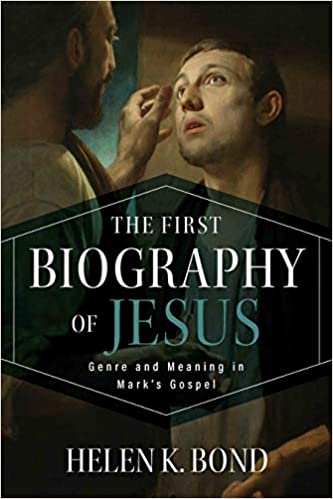BEN: I agree with you that Mark, at most reflects an elementary use of rhetoric, but one thing that gave me pause in reading Teresa Morgan’s work is that our thinking about levels of educations, perhaps even in different social locations with different teachers is much too stratified for the actual situation on the ground in most places in the Empire. Indeed, all three levels could be taught by one instructor in one local, with younger students bunched together with older ones, and younger students of good ability could go ahead to higher levels of
grammar and rhetoric, sometimes helped by the older students, and, if they had one, a paidagogos. Comments?
HELEN:
Yes, I agree. Scholars like to systematize and create order, and this does lead to understanding, but we always have to remember that reality on the ground is significantly more messy. My own schooling was at a local village school where several year groups shared the same teacher, and I started secondary school at a different time to my peers, so I have first-hand experience that even in modern developed societies the rules are often broken. There’s also the added complication that some students are just better than others and able to produce more with even a limited education. I suggest that Mark has broadly made it through to the end of the second/middle level of education, but with little real study of the topics set out so neatly in the progymnasmata (which, along with most people now, I’d put as a third stage). But a skilled communicator would doubtless learn from the wealth of public lectures, talks, teaching, drama, oratory etc and might well start to incorporate some of the techniques he heard into his work. Synkrisis (or comparison) is interesting in this regard. I don’t really think that Mark demonstrates much of the formal use of this technique as outlined by Theon and the other grammarians, but he does quite clearly use it (not only in his characteristic intercalations but all the way through in his juxtapositions of various episodes); he’s got it from somewhere – listening to readings, or perhaps even art (which juxtaposed scenes in a similar way) – and has brought it into his work. And although I said earlier that there’s no evidence for a specifically Jewish education system, it seems likely to me that a Jewish teacher might well teach Jewish students with the LXX, perhaps alongside (or even in place of?) Homer.













